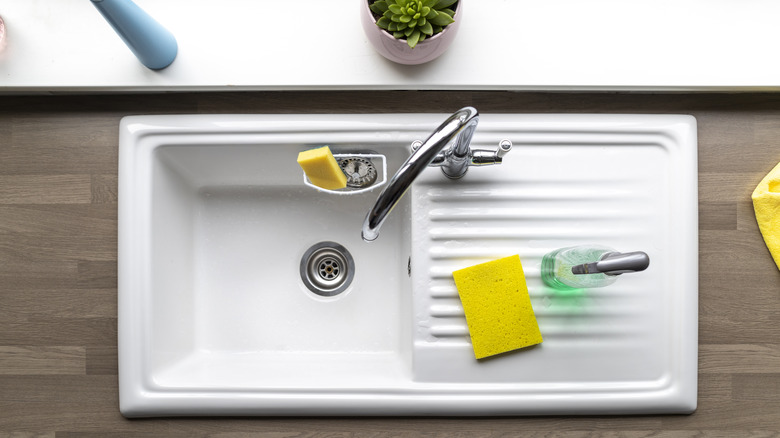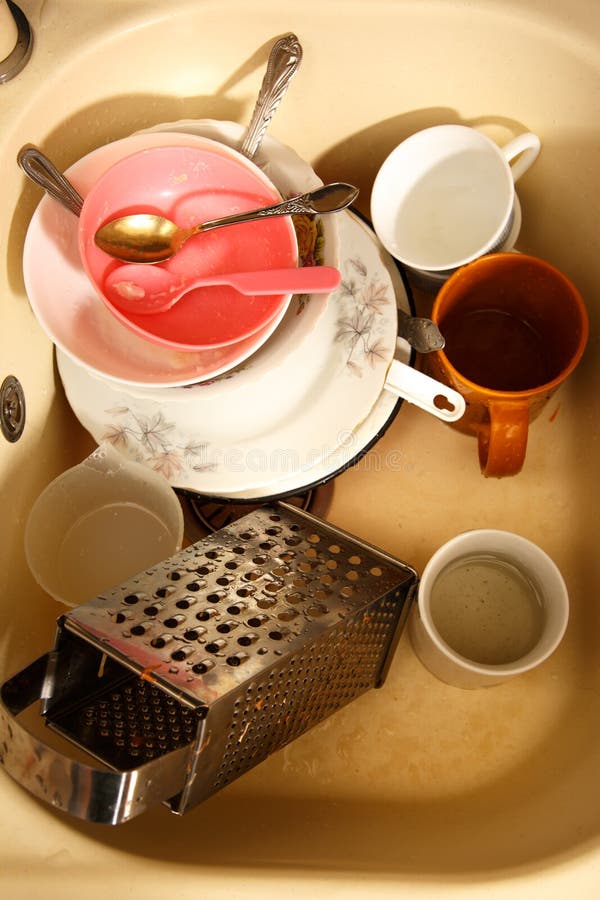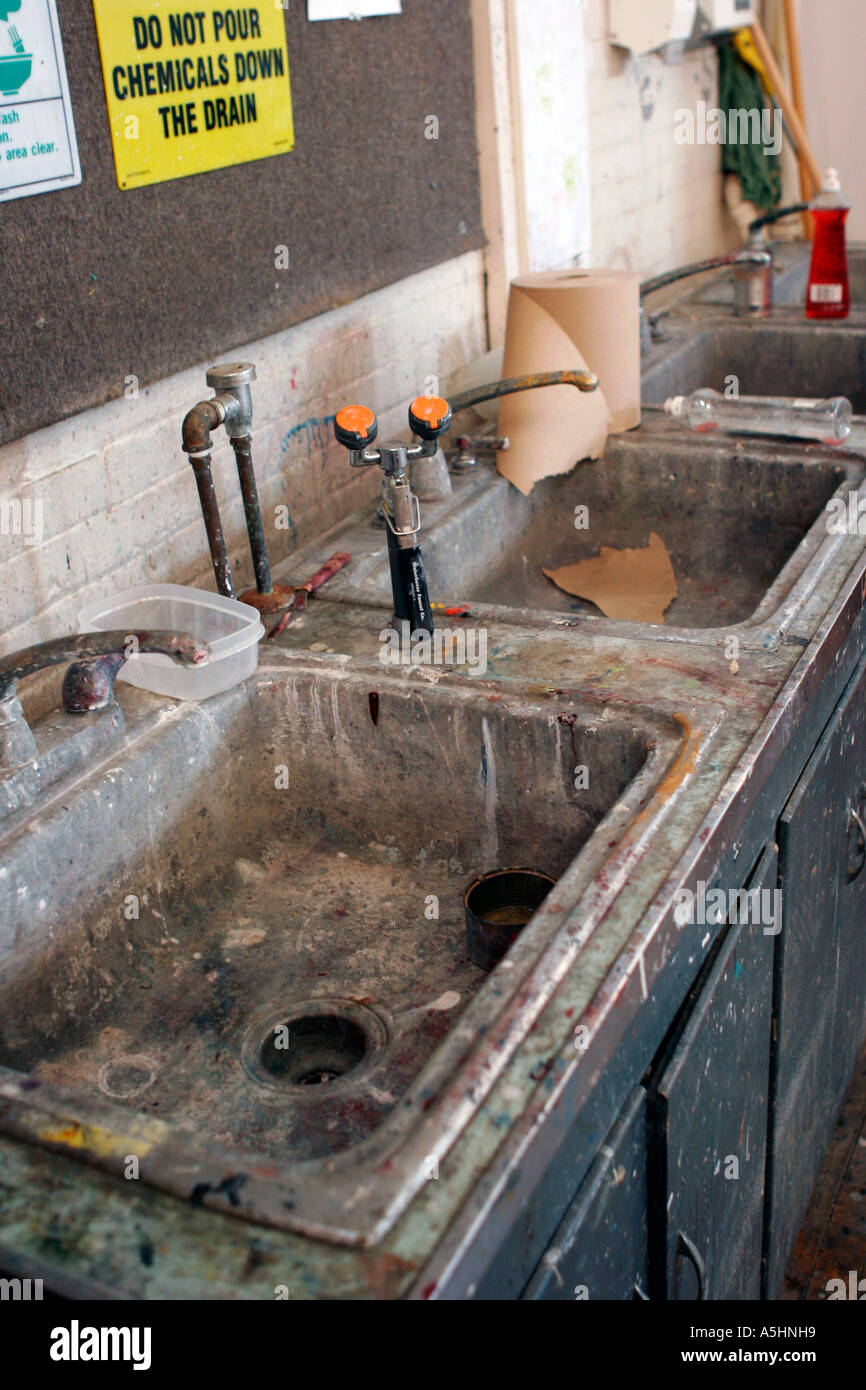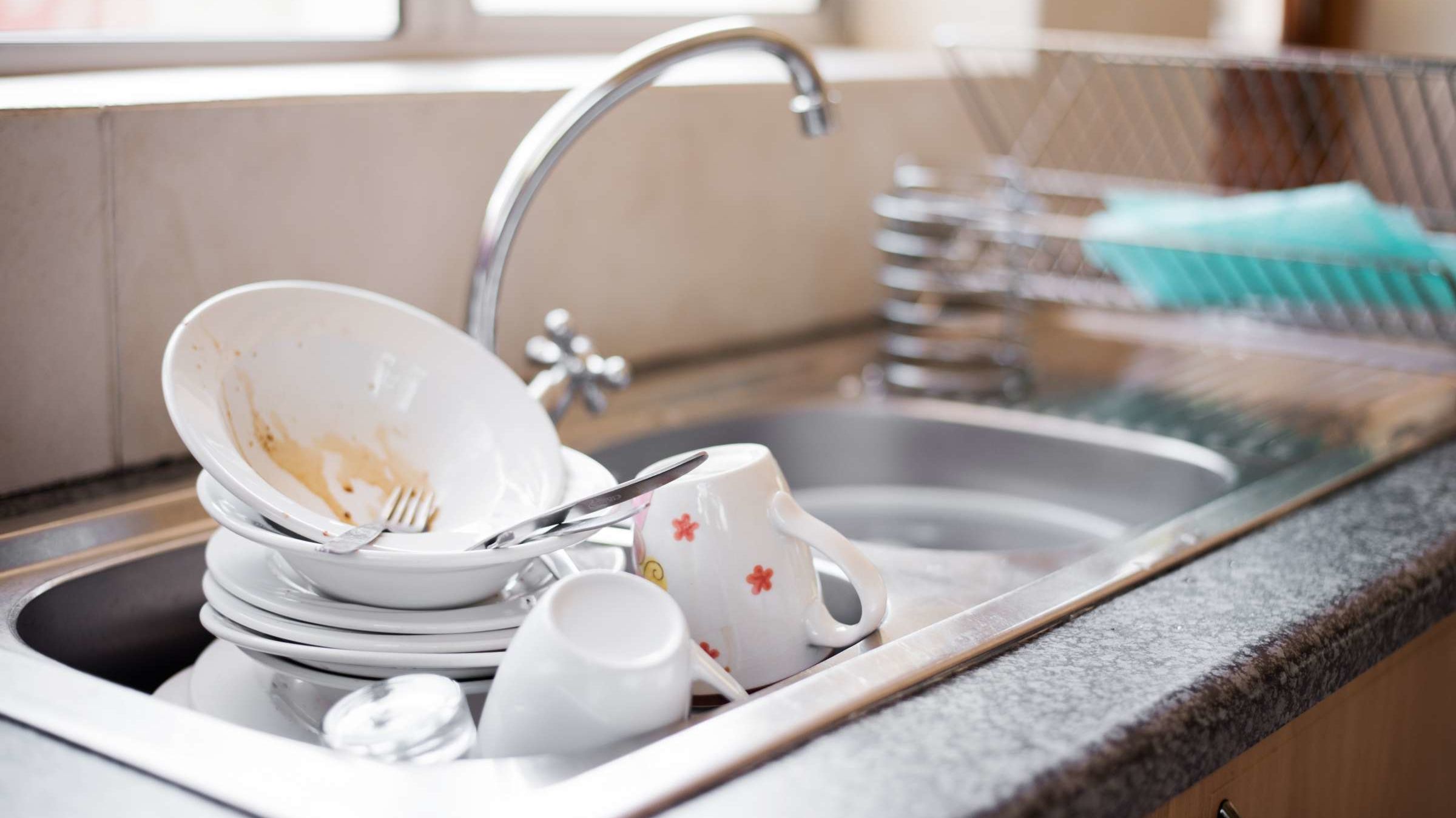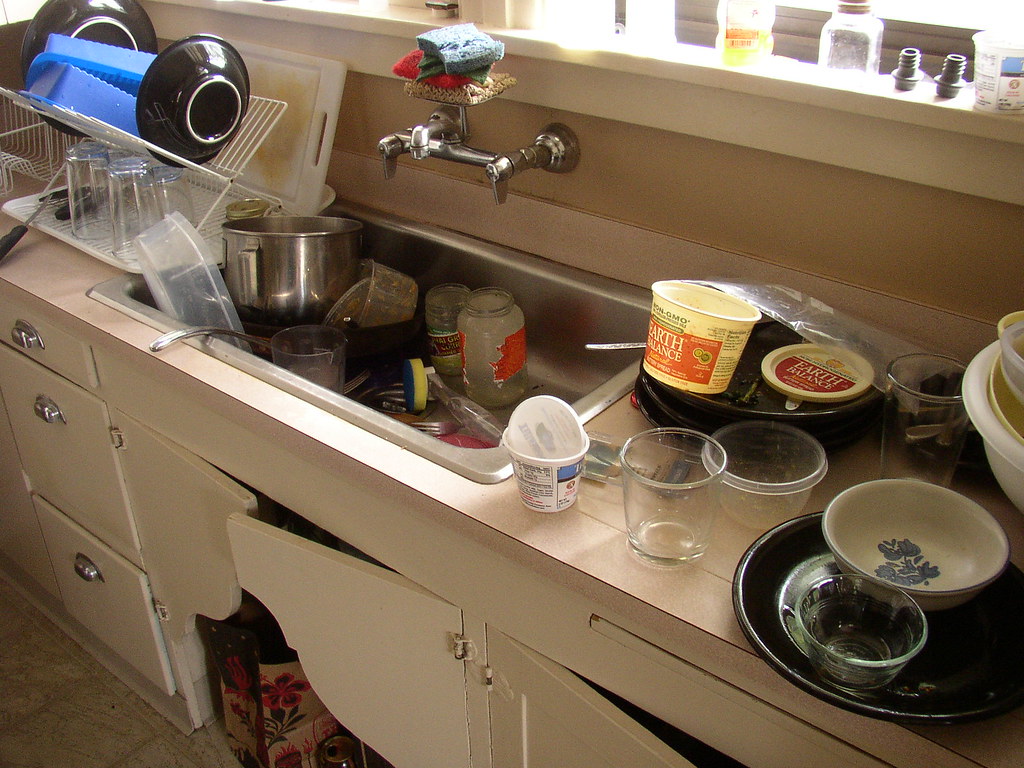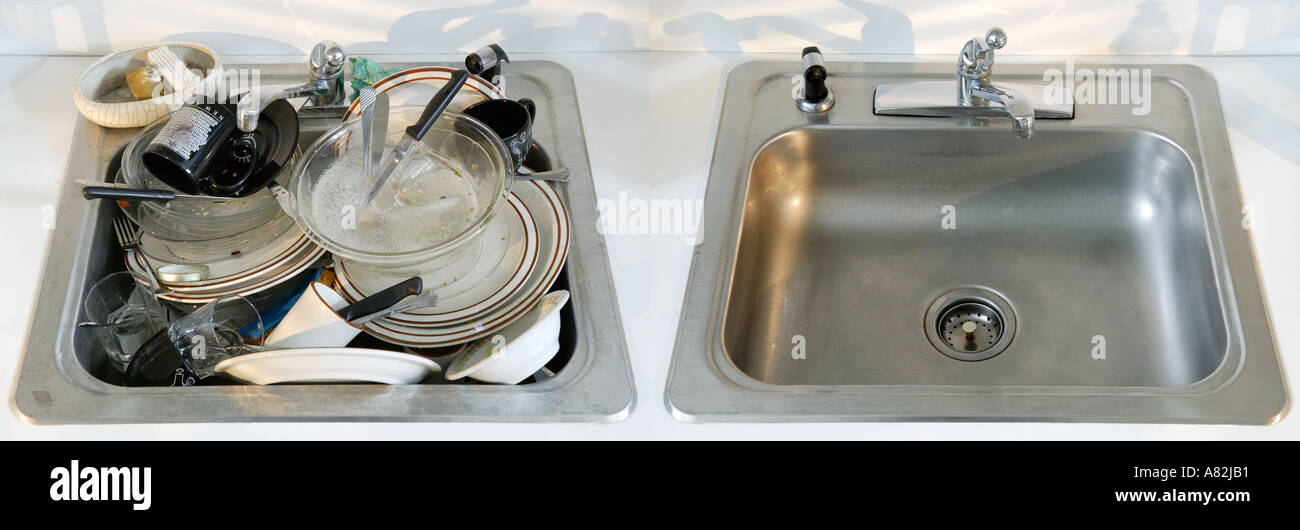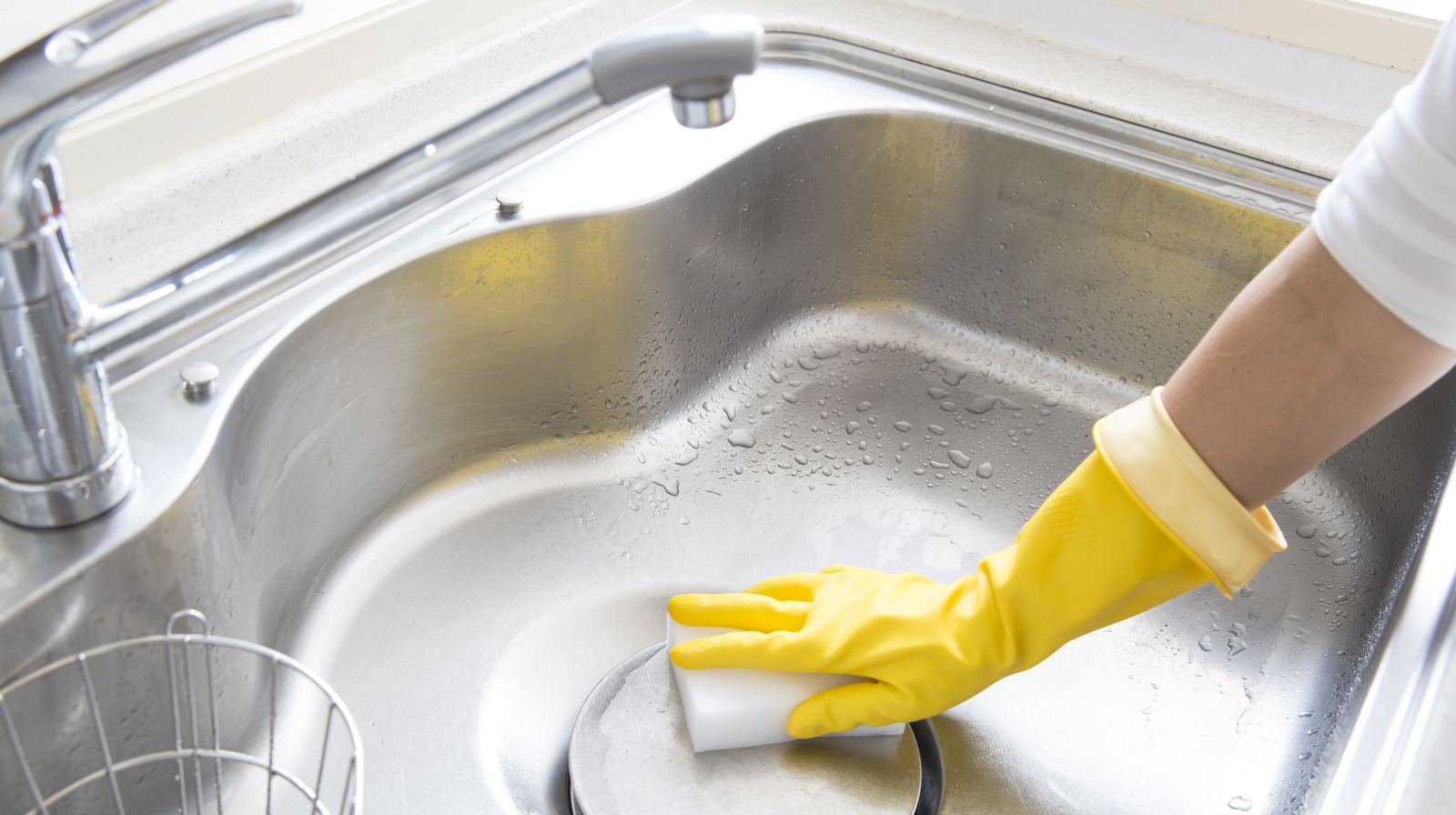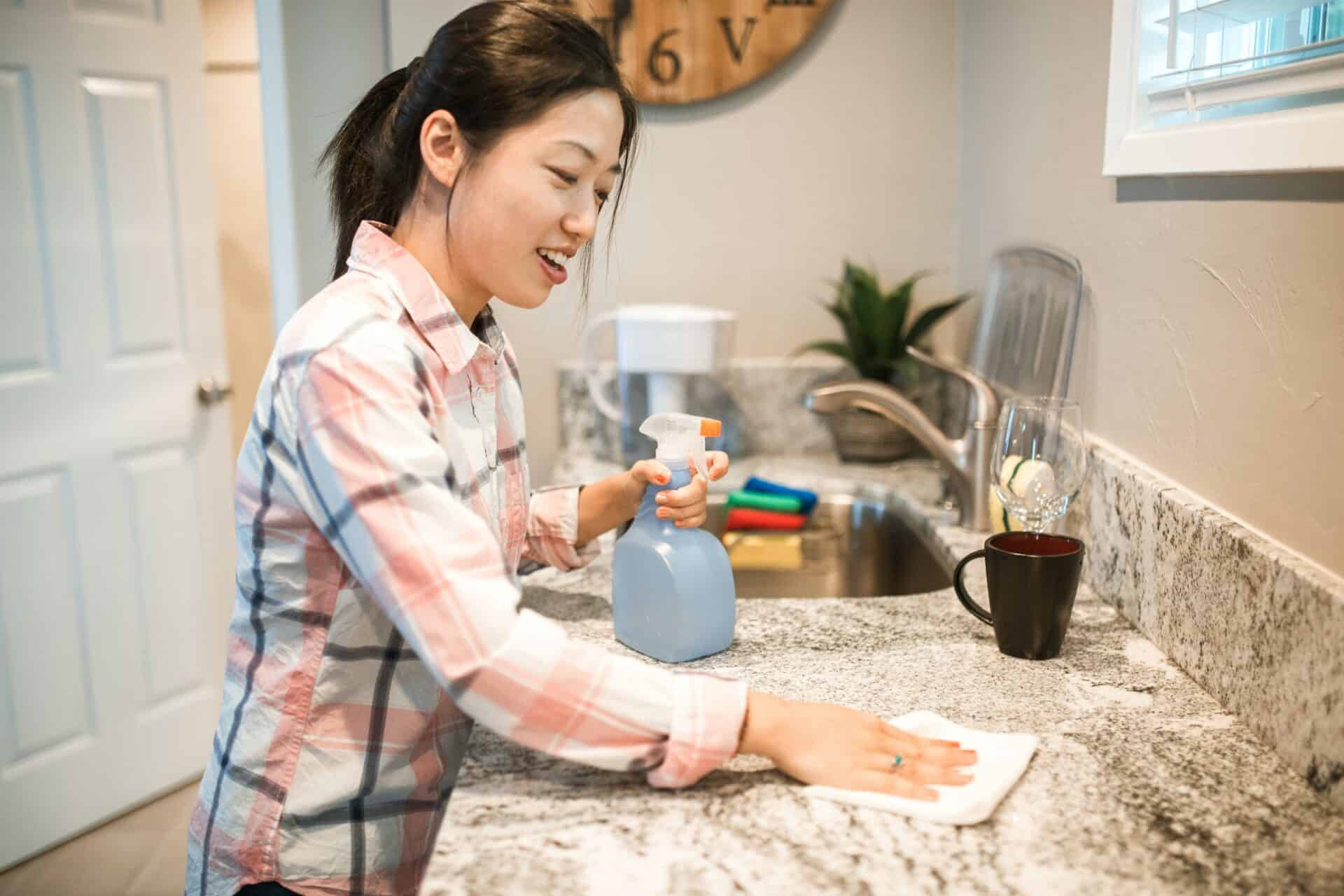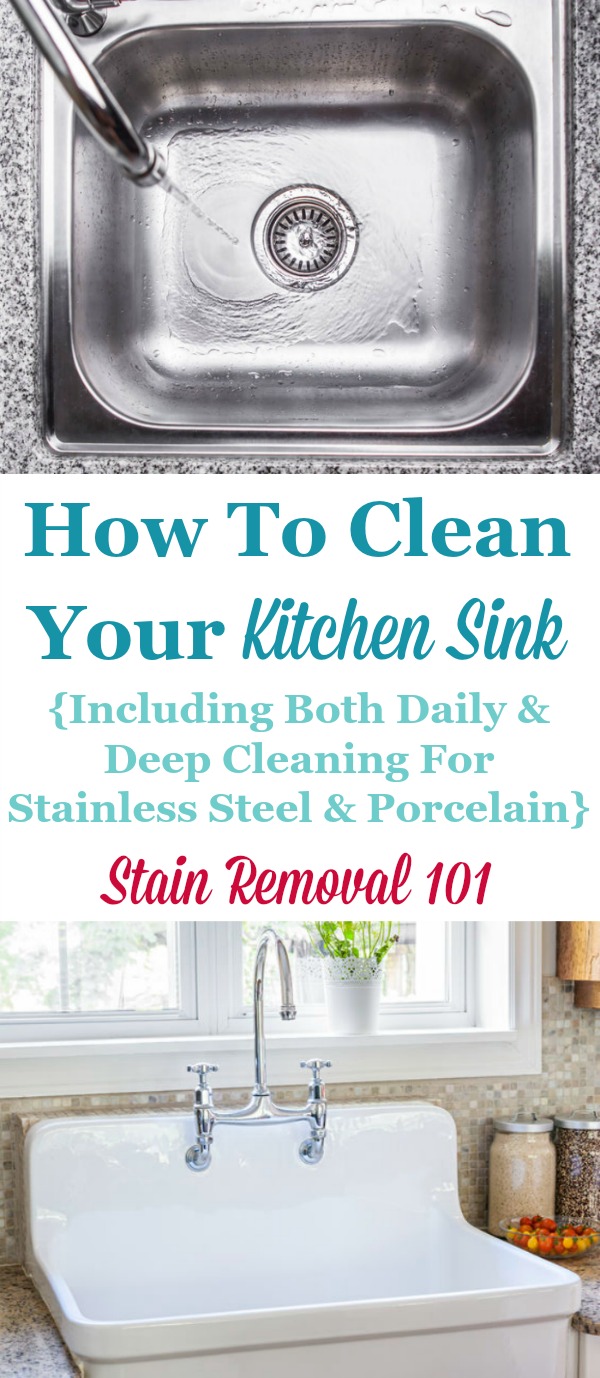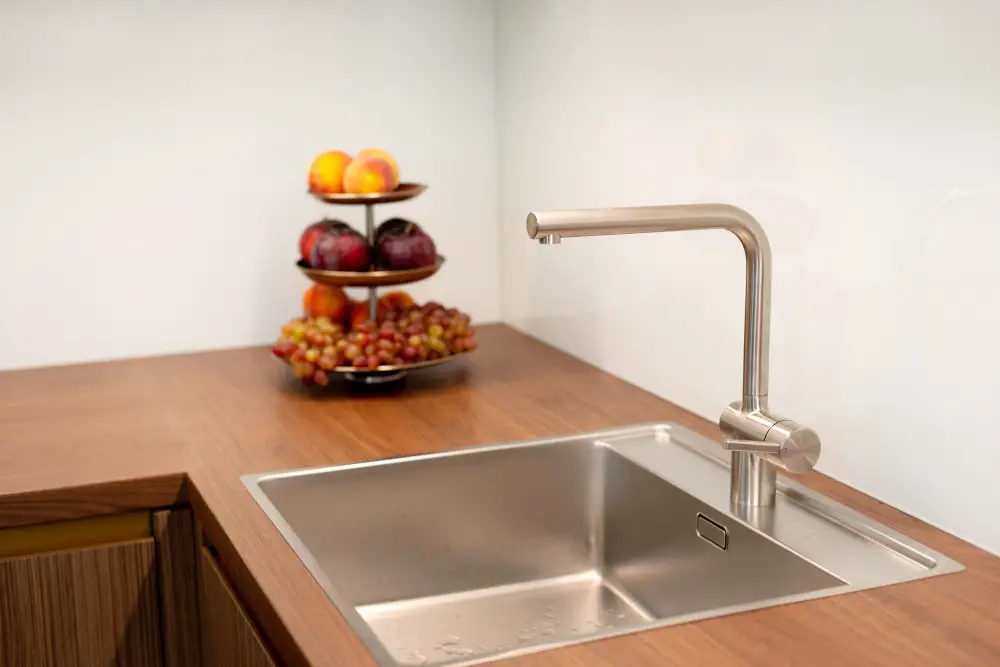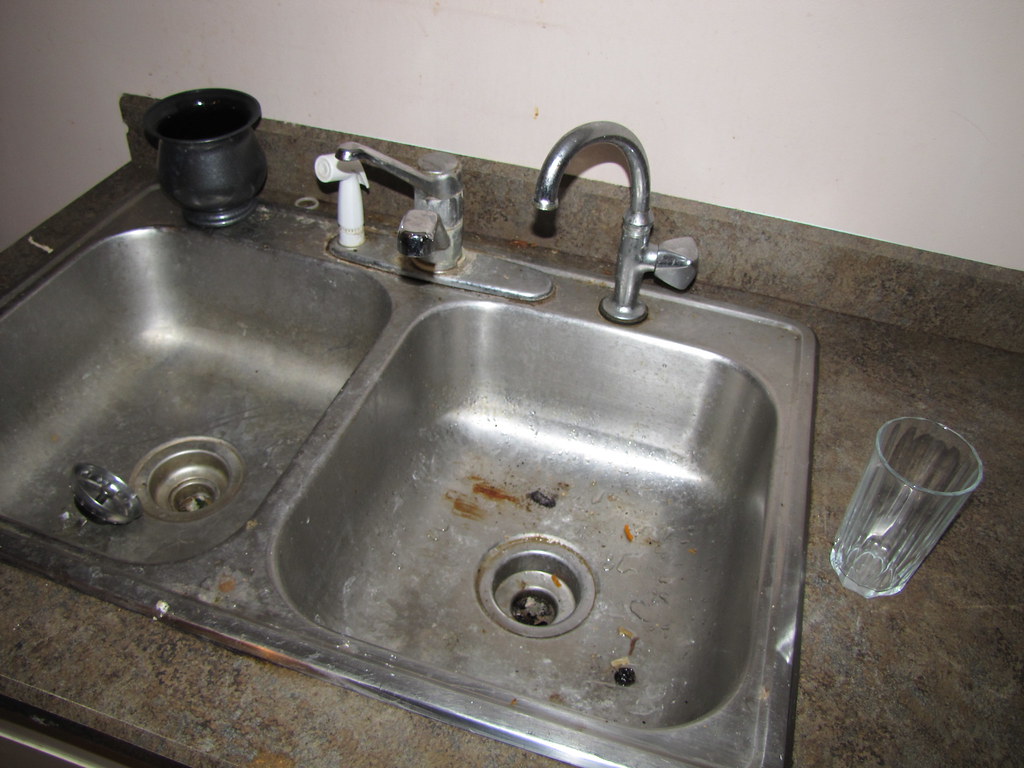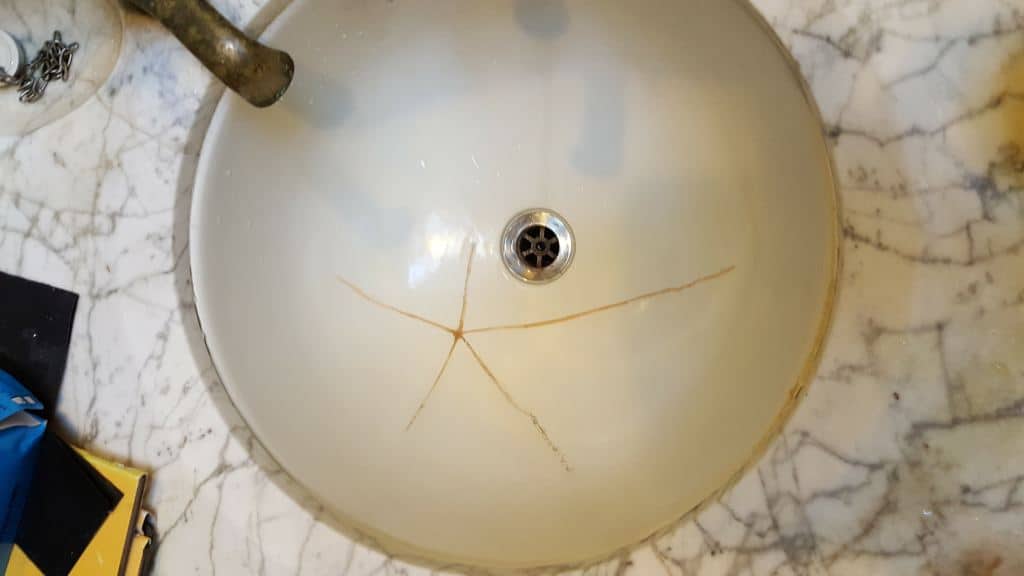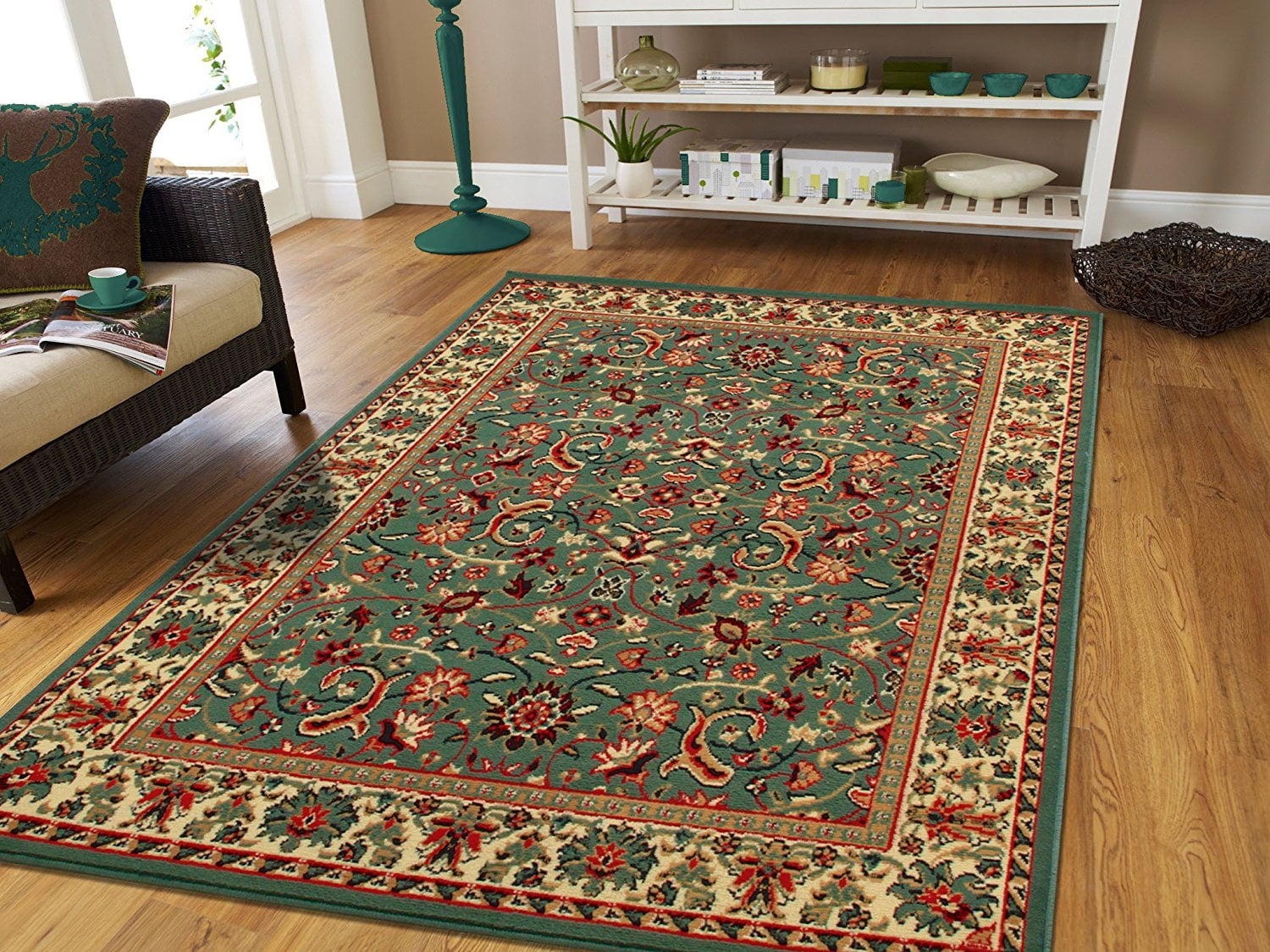The kitchen sink is one of the most used areas in the kitchen, and it can quickly become dirty and unsanitary if not properly cleaned. To ensure a sparkling clean kitchen sink, follow these simple steps: Step 1: Clear Out the Sink Before you begin cleaning, remove all dishes, utensils, and other items from the sink. This will allow you to have a clear area to work with and ensure that all parts of the sink are properly cleaned. Step 2: Rinse the Sink Using warm water, thoroughly rinse the sink to remove any loose debris and food particles. This will make the cleaning process easier and more effective. Step 3: Scrub with Soap and Water Using a mild dish soap and a sponge or soft cloth, scrub the sink in a circular motion, paying extra attention to any areas with visible stains or buildup. Rinse thoroughly with warm water. Step 4: Disinfect the Sink To ensure that your sink is properly sanitized, use a disinfectant spray or wipe and thoroughly clean all surfaces of the sink. Let it sit for a few minutes before rinsing with warm water. Step 5: Polish the Sink To give your sink a shiny, polished finish, use a stainless steel cleaner or a mixture of baking soda and water. Apply the cleaner or mixture to a soft cloth and rub it onto the sink in a circular motion. Rinse with warm water and dry with a clean cloth.How to Clean a Kitchen Sink
Now that your kitchen sink is clean and sanitized, here are some tips to help you keep it that way: 1. Wipe Down After Use After each use, take a few seconds to wipe down the sink with a cloth or sponge and some soap and water. This will prevent any food residue or bacteria from building up. 2. Use a Sink Strainer To prevent food scraps and other debris from clogging your sink, invest in a sink strainer. This will catch any large particles and make it easier to clean your sink. 3. Don't Let Dishes Pile Up Leaving dirty dishes in the sink for an extended period of time not only creates a breeding ground for bacteria, but it can also lead to stains and buildup in your sink. Make sure to wash your dishes and clean your sink regularly. 4. Disinfect Regularly In addition to cleaning your sink after each use, it's important to regularly disinfect it to ensure that it stays free of harmful bacteria. Make it a part of your weekly cleaning routine. 5. Avoid Harsh Chemicals While it may be tempting to use harsh chemicals to clean your sink, they can be damaging to the surface and may even leave toxic residue. Stick to mild dish soap or natural cleaning solutions.How to Keep Your Kitchen Sink Clean and Sanitized
For a truly sparkling clean kitchen sink, keep these tips in mind: 1. Use Lemon and Salt for Stains To remove stubborn stains from your sink, cut a lemon in half and sprinkle it with salt. Use the lemon to scrub the stains, then rinse with warm water. 2. Vinegar for Disinfecting White vinegar is a natural disinfectant that can be used to clean and sanitize your sink. Fill a spray bottle with equal parts water and vinegar and use it to wipe down your sink after each use. 3. Baking Soda for Odors For a fresh-smelling sink, sprinkle baking soda onto a damp sponge and use it to scrub the sink. Rinse with warm water and dry with a clean cloth. 4. Use a Toothbrush for Corners For hard-to-reach corners and edges of your sink, use an old toothbrush to scrub away any dirt and grime. 5. Don't Forget the Faucet The faucet can easily become neglected when cleaning the sink, but it's important to give it some attention as well. Use a toothbrush or cloth to clean all parts of the faucet. 6. Clean Your Drain Regularly To prevent clogs and keep your sink smelling fresh, clean your drain regularly. You can use a mixture of vinegar and baking soda to clean and deodorize it. 7. Use a Microfiber Cloth Microfiber cloths are great for cleaning and polishing stainless steel sinks without leaving any streaks or scratches. 8. Dry Your Sink After Cleaning After cleaning and disinfecting your sink, it's important to dry it with a clean cloth to prevent water spots and bacteria growth. 9. Avoid Abrasive Cleaners Avoid using abrasive cleaners or scrubbing pads on your sink, as they can damage the surface and cause scratches. 10. Clean While You Cook To minimize the amount of cleaning needed after cooking, make it a habit to clean your sink while you cook. This will prevent food and grease from building up and make the post-cooking cleanup much easier.10 Tips for a Sparkling Clean Kitchen Sink
Stainless steel sinks are a popular choice for kitchens, but they can be tricky to clean without leaving streaks or scratches. Here's the best way to clean a stainless steel sink: Step 1: Rinse the Sink Start by rinsing the sink with warm water to remove any loose debris and food particles. Step 2: Use a Gentle Cleaner Avoid using harsh chemicals or abrasive cleaners on stainless steel sinks. Instead, use a gentle, non-abrasive cleaner. You can also make your own by mixing equal parts water and white vinegar. Step 3: Scrub in the Direction of the Grain When scrubbing your sink, make sure to go in the direction of the grain to prevent scratching the surface. Use a soft cloth or sponge to gently scrub the sink. Step 4: Rinse and Dry Thoroughly rinse the sink with warm water and dry it with a clean cloth. This will prevent water spots and give your sink a polished finish.The Best Way to Clean a Stainless Steel Sink
Porcelain sinks are durable and easy to clean, but they can still become stained over time. Here's how to remove stains from a porcelain sink: Step 1: Make a Paste Mix equal parts baking soda and water to create a paste. You can also add a few drops of lemon juice for extra cleaning power. Step 2: Apply the Paste Using a soft cloth or sponge, apply the paste to the stained areas of the sink. Let it sit for a few minutes. Step 3: Scrub Gently Using a soft cloth or sponge, gently scrub the stained areas in a circular motion. Be careful not to scrub too hard, as this can damage the surface of the sink. Step 4: Rinse and Dry Rinse the sink with warm water and dry it with a clean cloth. If the stain is still visible, repeat the process until it is fully removed.How to Remove Stains from a Porcelain Sink
When it comes to cleaning your kitchen sink, there are some common mistakes that people make that can actually do more harm than good. Here are some mistakes to avoid: 1. Using Harsh Chemicals As mentioned before, harsh chemicals can be damaging to your sink and may even leave toxic residue. Stick to mild dish soap or natural cleaning solutions. 2. Neglecting the Drain The drain can easily become clogged with food particles and other debris if not regularly cleaned. Make sure to clean your drain regularly to prevent clogs and keep your sink smelling fresh. 3. Using Steel Wool or Abrasive Cleaners Steel wool and abrasive cleaners can scratch the surface of your sink, making it more prone to stains and buildup. Avoid using these products and opt for a soft cloth or sponge instead. 4. Letting Dishes Pile Up Leaving dirty dishes in the sink for too long not only creates a breeding ground for bacteria, but it can also lead to stains and buildup in your sink. Make sure to wash your dishes and clean your sink regularly. 5. Not Drying the Sink After cleaning your sink, make sure to thoroughly dry it with a clean cloth. This will prevent water spots and bacteria growth.5 Common Kitchen Sink Cleaning Mistakes to Avoid
If you prefer to use natural and chemical-free solutions to clean your kitchen sink, here are some natural ways to do so: 1. Lemon and Salt This simple mixture can be used to remove stains and brighten your sink. Cut a lemon in half, sprinkle it with salt, and use it to scrub the sink. Rinse with warm water and dry with a clean cloth. 2. Baking Soda and Vinegar A mixture of baking soda and vinegar can be used to clean and deodorize your sink. Sprinkle baking soda onto a damp sponge and use it to scrub the sink, then pour some vinegar over it and rinse with warm water. 3. Vinegar and Water White vinegar is a natural disinfectant and can be used to clean and sanitize your sink. Mix equal parts water and vinegar in a spray bottle and use it to wipe down your sink after each use. 4. Essential Oils Adding a few drops of essential oils, such as tea tree or lavender, to your cleaning solution can help to give your sink a fresh, natural scent. 5. Citrus Peels Instead of throwing away your citrus peels, use them to clean your sink! Place the peels in your sink and sprinkle some salt over them, then use a cloth to scrub the sink. Rinse with warm water and dry with a clean cloth.Natural Ways to Clean a Dirty Kitchen Sink
The frequency of cleaning your kitchen sink will depend on how often you use it and how quickly it gets dirty. However, as a general rule, it's recommended to clean your sink at least once a day. If you cook frequently and use your sink frequently, you may want to clean it after every use. If you use your sink less often, you can clean it every few days.How Often Should You Clean Your Kitchen Sink?
Keeping your kitchen sink clean and sanitized is important for several reasons: 1. Prevents Bacteria Growth The kitchen sink can quickly become a breeding ground for bacteria if not properly cleaned and sanitized. This can lead to food contamination and potential health risks. 2. Maintains a Pleasant Kitchen Environment A dirty and smelly sink can make your entire kitchen feel unclean and unpleasant. Keeping your sink clean and fresh can help to maintain a pleasant kitchen environment. 3. Prevents Stains and Buildup Regularly cleaning your sink can prevent stains and buildup from forming, which can be difficult to remove if left for too long. 4. Extends the Life of Your Sink Properly cleaning and maintaining your sink can help to extend its lifespan. This can save you money in the long run, as you won't have to replace your sink as frequently.The Importance of Keeping Your Kitchen Sink Clean
To keep your kitchen sink clean and prevent it from becoming dirty in the first place, here are some tips: 1. Clean as You Go To prevent a buildup of dishes and other debris, make it a habit to clean your sink as you go while cooking. 2. Use a Sink Strainer To prevent food scraps and other debris from clogging your sink, use a sink strainer. This will make it easier to clean your sink and prevent potential plumbing issues. 3. Rinse After Use After using your sink, make sure to rinse it thoroughly with warm water. This will prevent any food or bacteria from lingering and causing stains or buildup. 4. Disinfect RegularlyHow to Prevent a Dirty Kitchen Sink
The Importance of Keeping Your Kitchen Sink Clean
What's Hiding in Your Kitchen Sink?
 Keeping your
kitchen sink
clean is an essential part of maintaining a
healthy and hygienic
household.
Dirt, bacteria, and other harmful substances
can easily accumulate in your sink if it is not regularly cleaned. These hidden dangers can pose a threat to your family's health, and it is crucial to take the necessary steps to keep your sink clean and free from harmful contaminants.
Keeping your
kitchen sink
clean is an essential part of maintaining a
healthy and hygienic
household.
Dirt, bacteria, and other harmful substances
can easily accumulate in your sink if it is not regularly cleaned. These hidden dangers can pose a threat to your family's health, and it is crucial to take the necessary steps to keep your sink clean and free from harmful contaminants.
The Dirtiest Spot in Your Kitchen
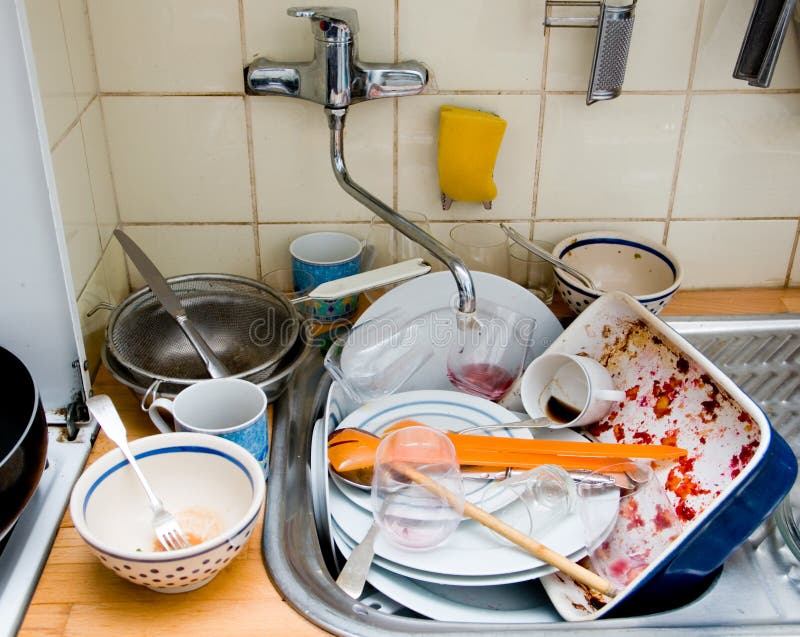 Believe it or not, your
kitchen sink
is often considered one of the
dirtiest spots
in your entire home. This is because it is constantly exposed to food particles, grease, and other debris from dishes, utensils, and food preparation. These substances can quickly build up in your sink, creating an ideal breeding ground for bacteria and other harmful microorganisms.
Believe it or not, your
kitchen sink
is often considered one of the
dirtiest spots
in your entire home. This is because it is constantly exposed to food particles, grease, and other debris from dishes, utensils, and food preparation. These substances can quickly build up in your sink, creating an ideal breeding ground for bacteria and other harmful microorganisms.
Health Risks of a Dirty Sink
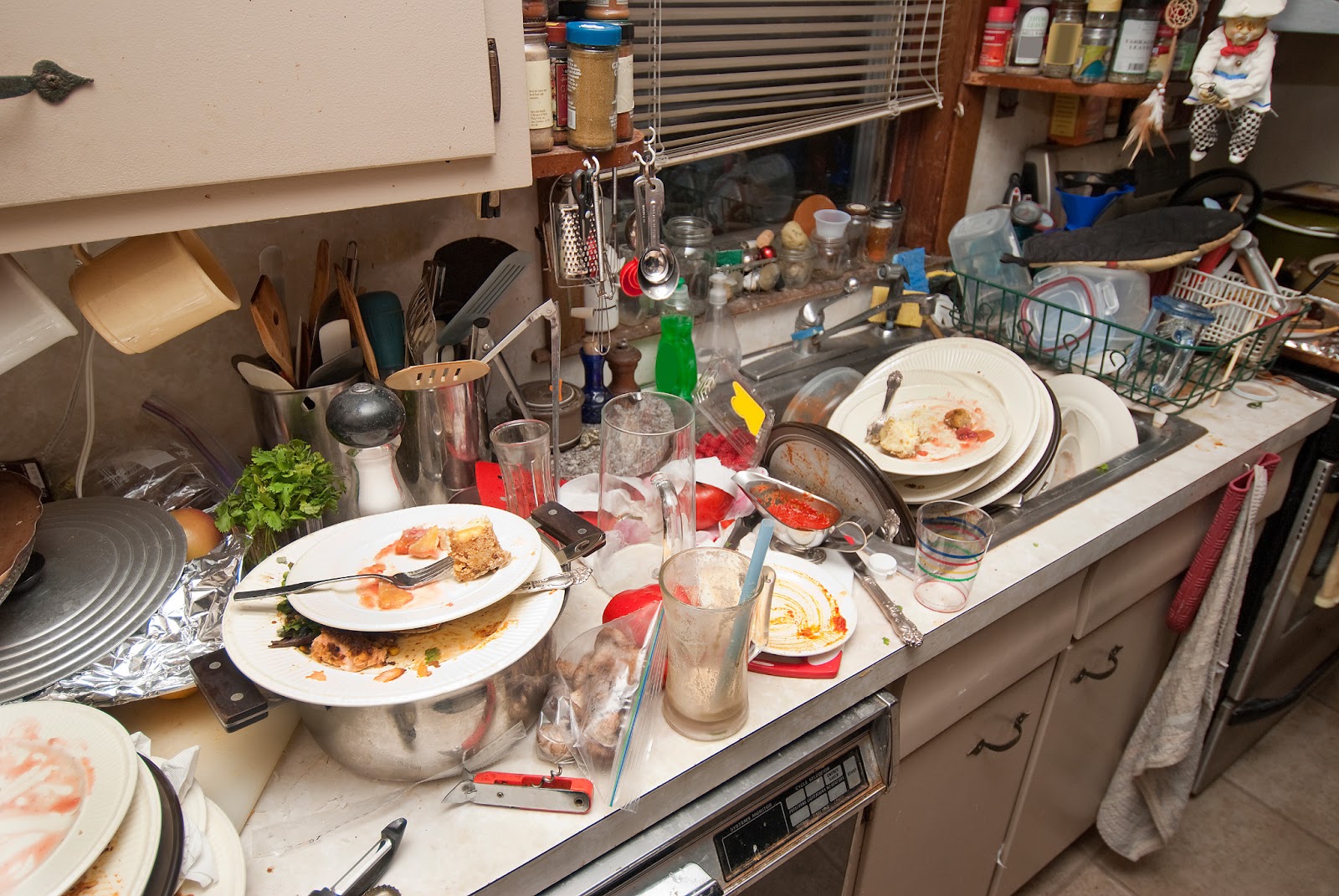 A dirty kitchen sink can lead to a wide range of
health risks
for you and your family.
Bacteria and germs
that accumulate in your sink can easily transfer to your dishes, hands, and other surfaces in your kitchen, increasing the risk of foodborne illnesses. In addition, mold and mildew can also grow in a dirty sink, causing respiratory problems and aggravating allergies.
A dirty kitchen sink can lead to a wide range of
health risks
for you and your family.
Bacteria and germs
that accumulate in your sink can easily transfer to your dishes, hands, and other surfaces in your kitchen, increasing the risk of foodborne illnesses. In addition, mold and mildew can also grow in a dirty sink, causing respiratory problems and aggravating allergies.
The Solution: Regular Cleaning
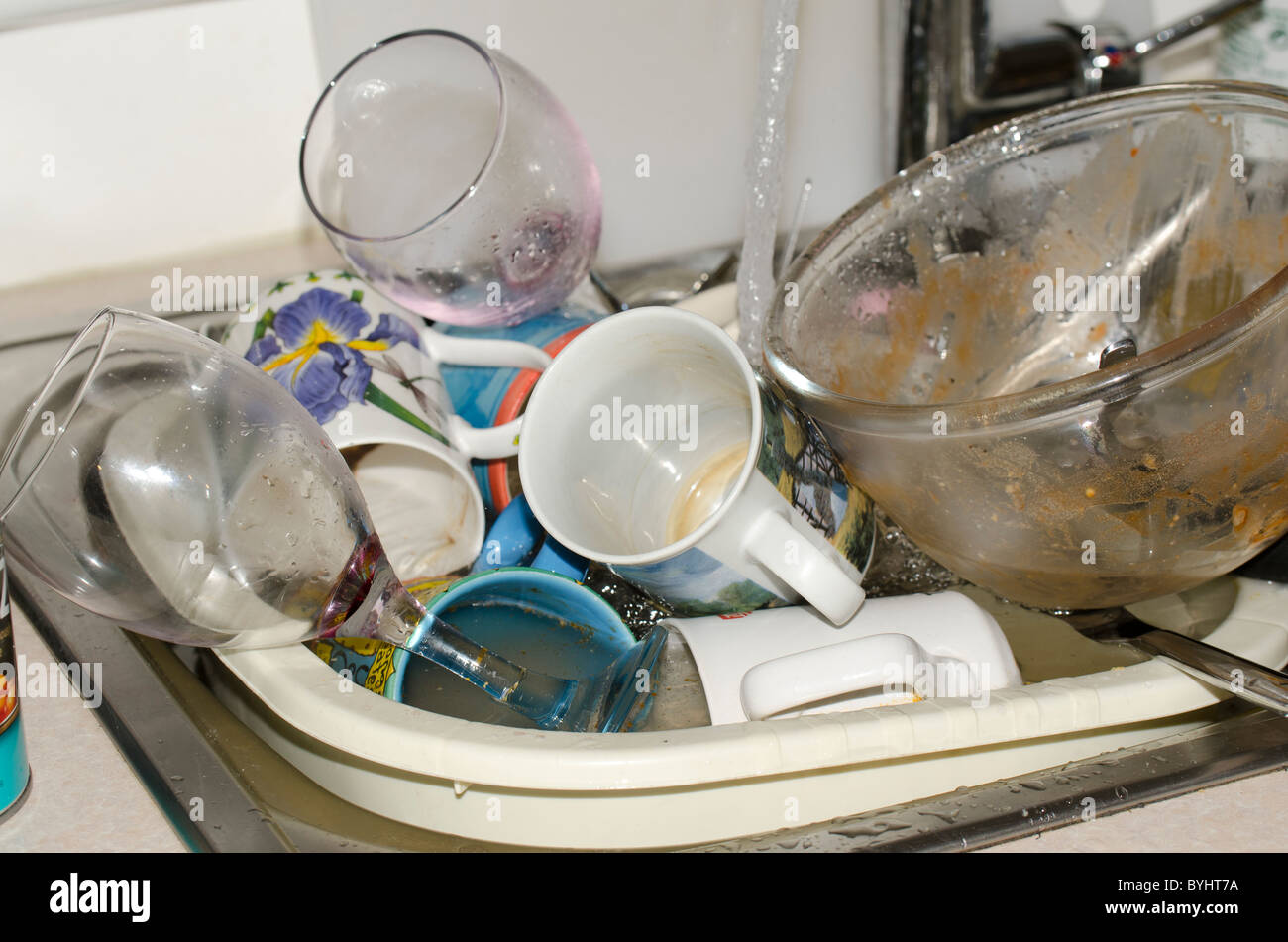 The key to keeping your kitchen sink clean is to
regularly
clean it and prevent the buildup of dirt and bacteria.
Washing and sanitizing
your sink after each use can help remove any food particles and germs that may be lingering. Using a
disinfectant
cleaner and hot water can effectively kill any bacteria present in your sink.
The key to keeping your kitchen sink clean is to
regularly
clean it and prevent the buildup of dirt and bacteria.
Washing and sanitizing
your sink after each use can help remove any food particles and germs that may be lingering. Using a
disinfectant
cleaner and hot water can effectively kill any bacteria present in your sink.
Additional Tips for a Clean Sink
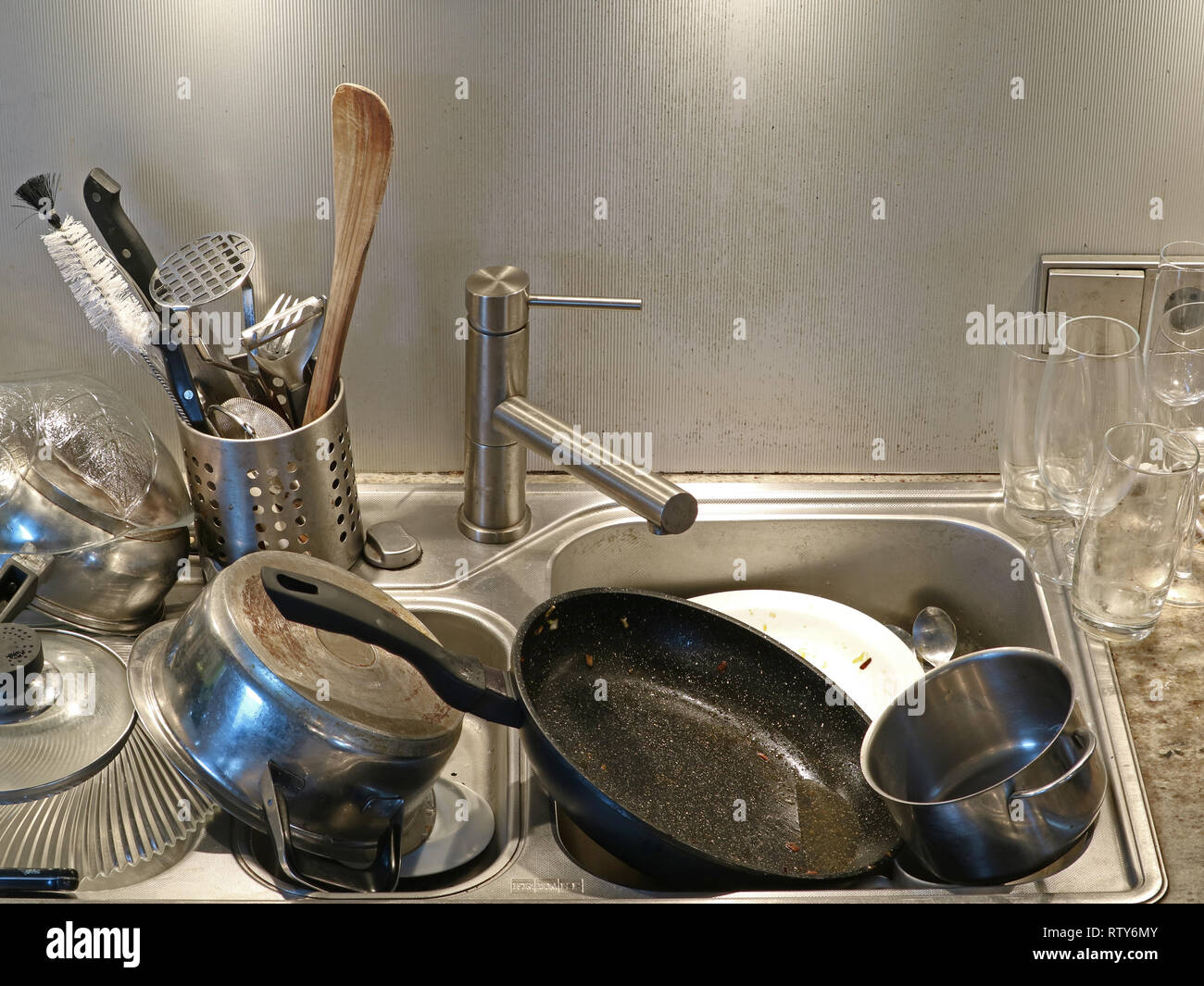 In addition to regular cleaning, there are a few
additional tips
that can help keep your kitchen sink clean and free from bacteria.
Scrubbing
your sink with a mixture of baking soda and water can help remove tough stains and eliminate any odors.
Placing a mesh strainer
in your sink can also help catch food particles and prevent them from clogging your drain.
In addition to regular cleaning, there are a few
additional tips
that can help keep your kitchen sink clean and free from bacteria.
Scrubbing
your sink with a mixture of baking soda and water can help remove tough stains and eliminate any odors.
Placing a mesh strainer
in your sink can also help catch food particles and prevent them from clogging your drain.
Invest in a Quality Sink
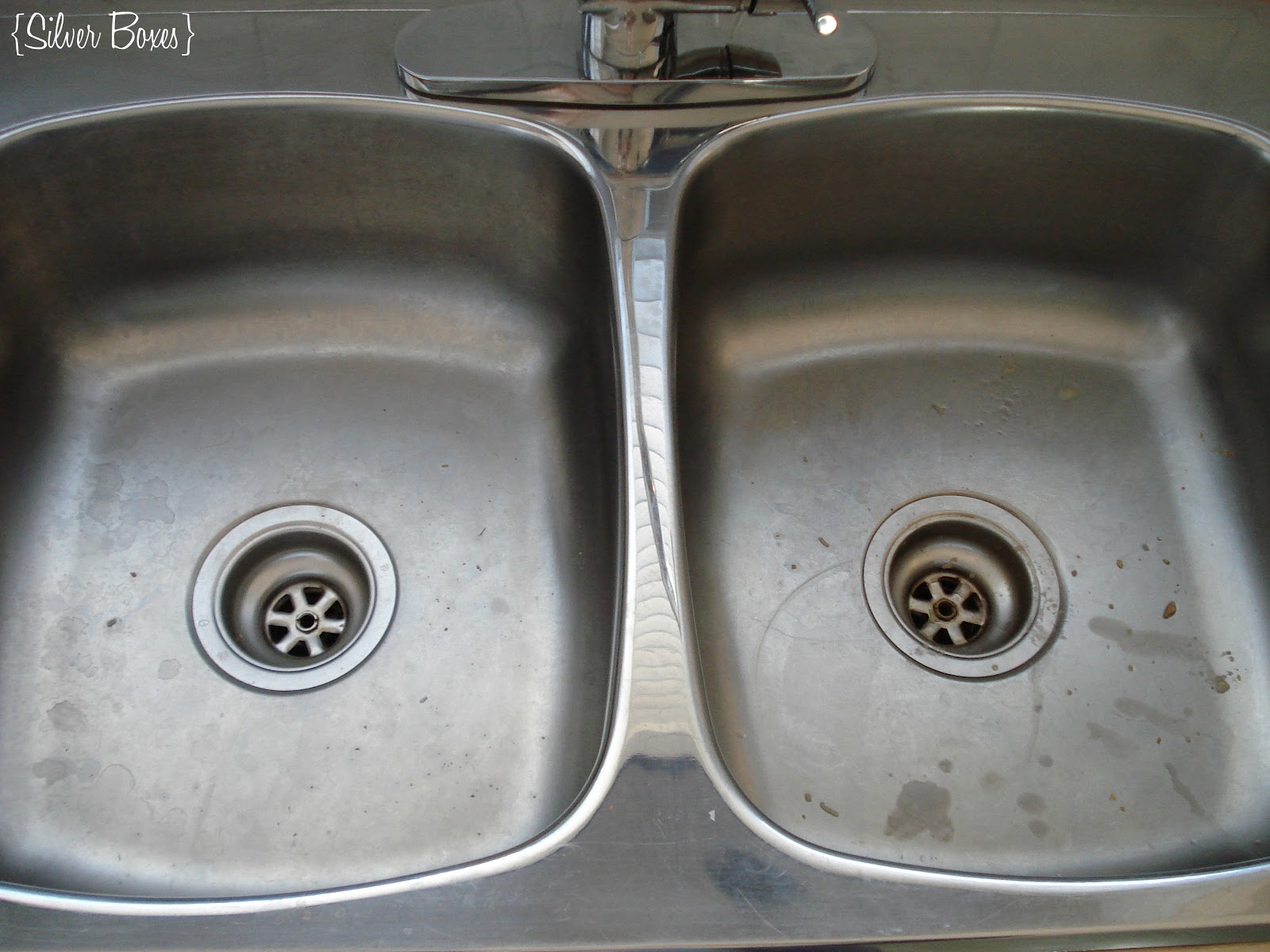 Lastly, investing in a
high-quality sink
can also make a significant difference in keeping it clean and hygienic. Stainless steel sinks are known for their durability and ease of cleaning, making them a popular choice for many households. Additionally, having a sink with a
built-in garbage disposal
can also help prevent food particles from accumulating in your drain.
In conclusion, taking the necessary steps to keep your kitchen sink clean is crucial for maintaining a
healthy and hygienic
household. Regularly cleaning and disinfecting your sink, along with implementing additional tips, can help prevent the spread of bacteria and other harmful substances. So, the next time you ask yourself, "Is the kitchen sink dirty?" remember the importance of keeping it clean for the health and well-being of your family.
Lastly, investing in a
high-quality sink
can also make a significant difference in keeping it clean and hygienic. Stainless steel sinks are known for their durability and ease of cleaning, making them a popular choice for many households. Additionally, having a sink with a
built-in garbage disposal
can also help prevent food particles from accumulating in your drain.
In conclusion, taking the necessary steps to keep your kitchen sink clean is crucial for maintaining a
healthy and hygienic
household. Regularly cleaning and disinfecting your sink, along with implementing additional tips, can help prevent the spread of bacteria and other harmful substances. So, the next time you ask yourself, "Is the kitchen sink dirty?" remember the importance of keeping it clean for the health and well-being of your family.


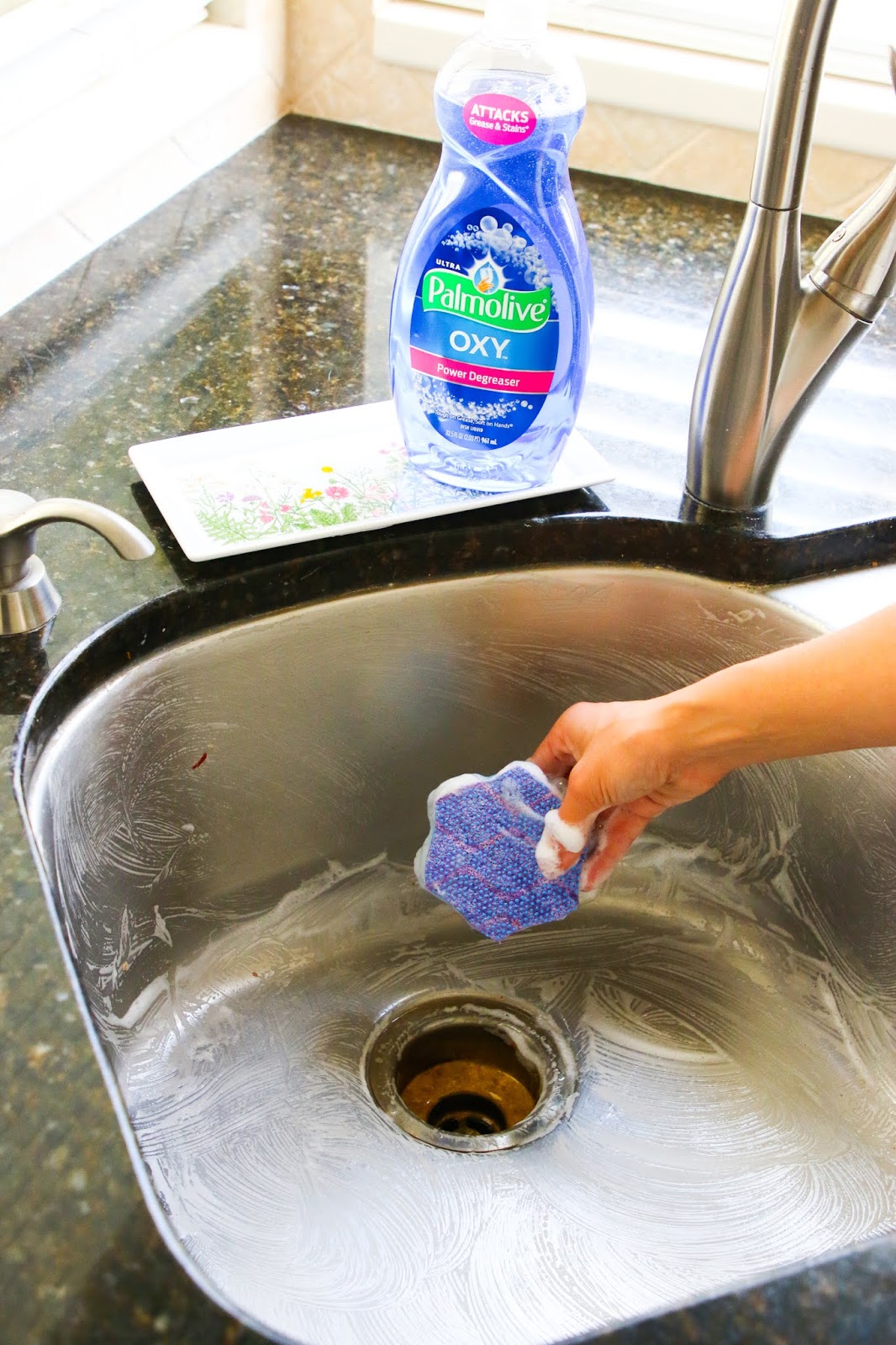






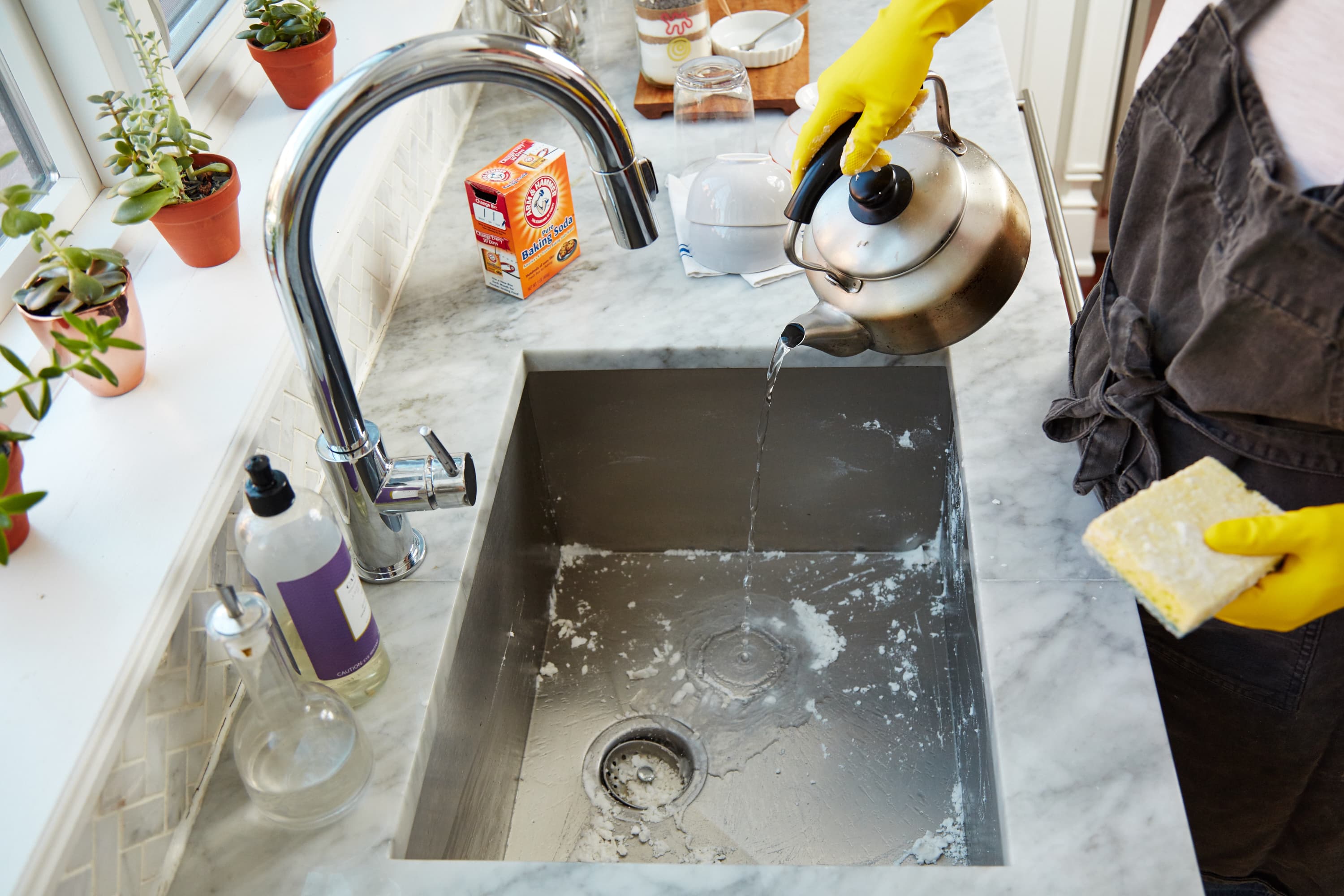
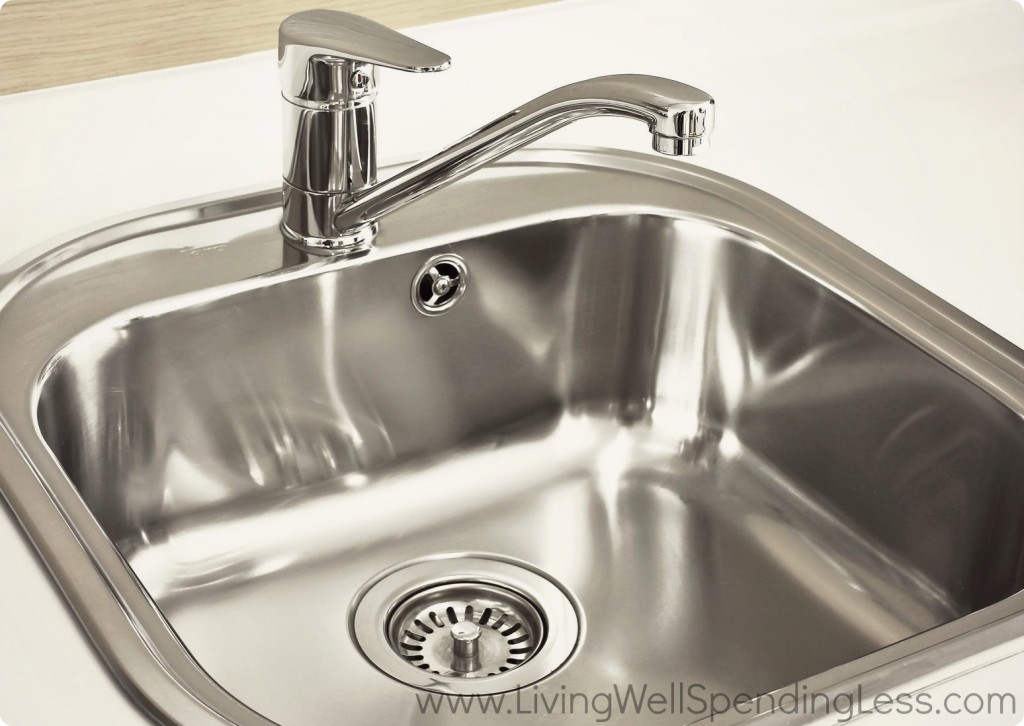





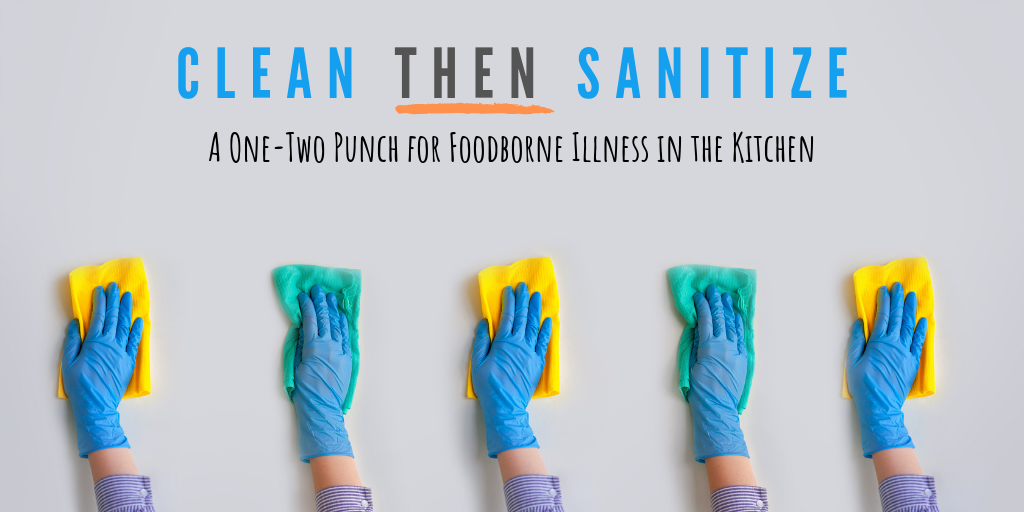


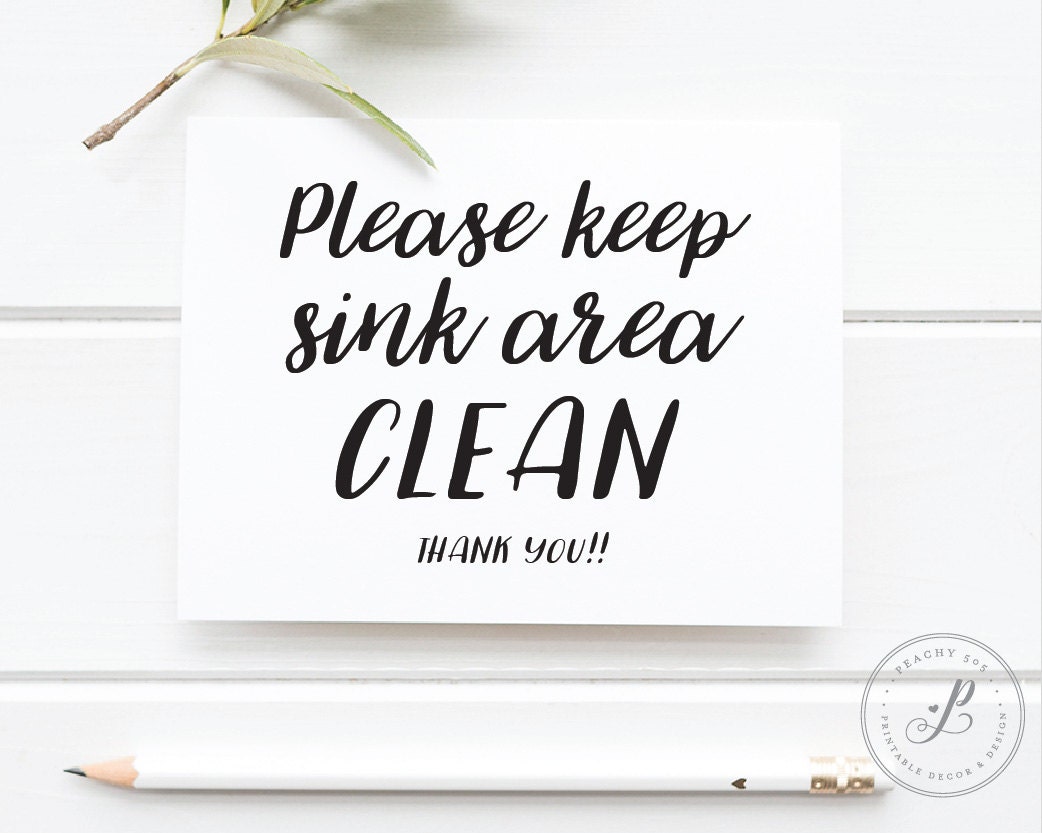
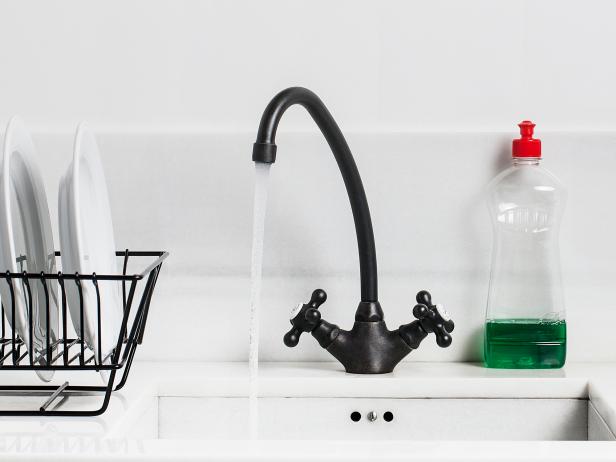




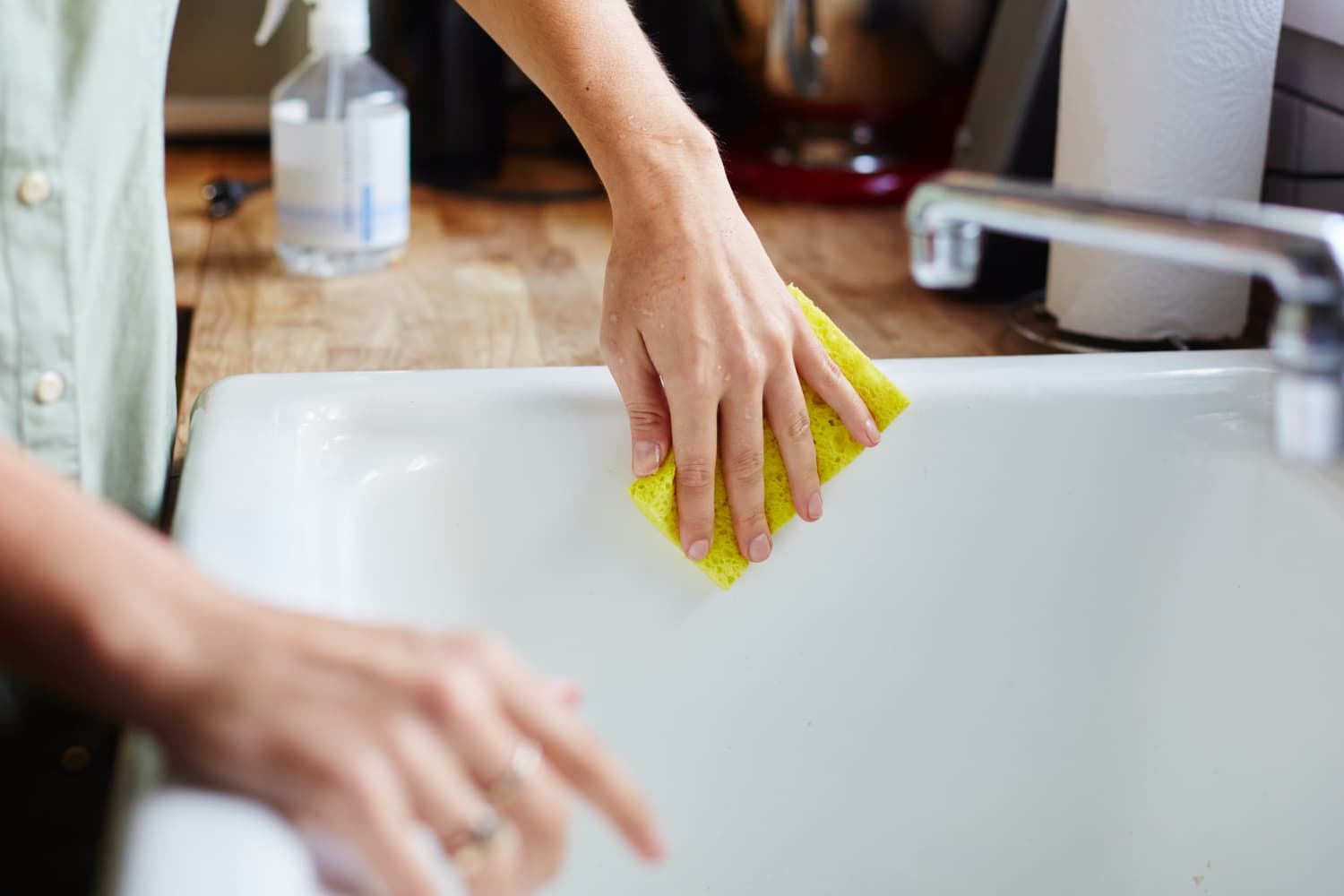




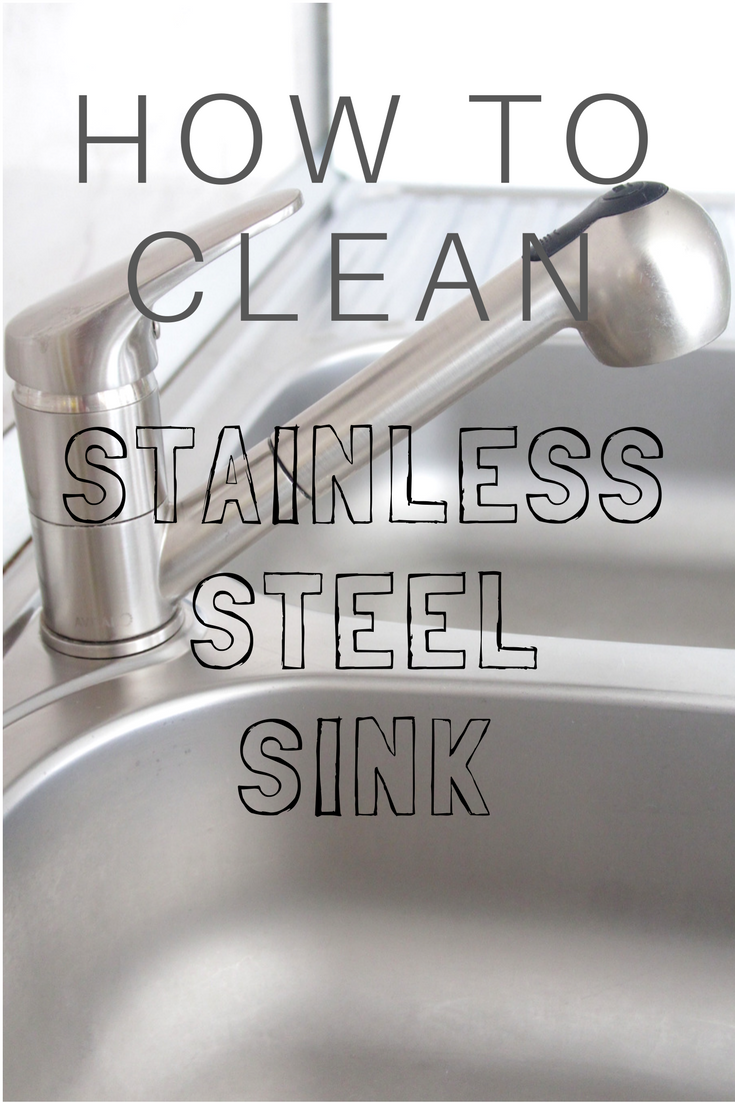
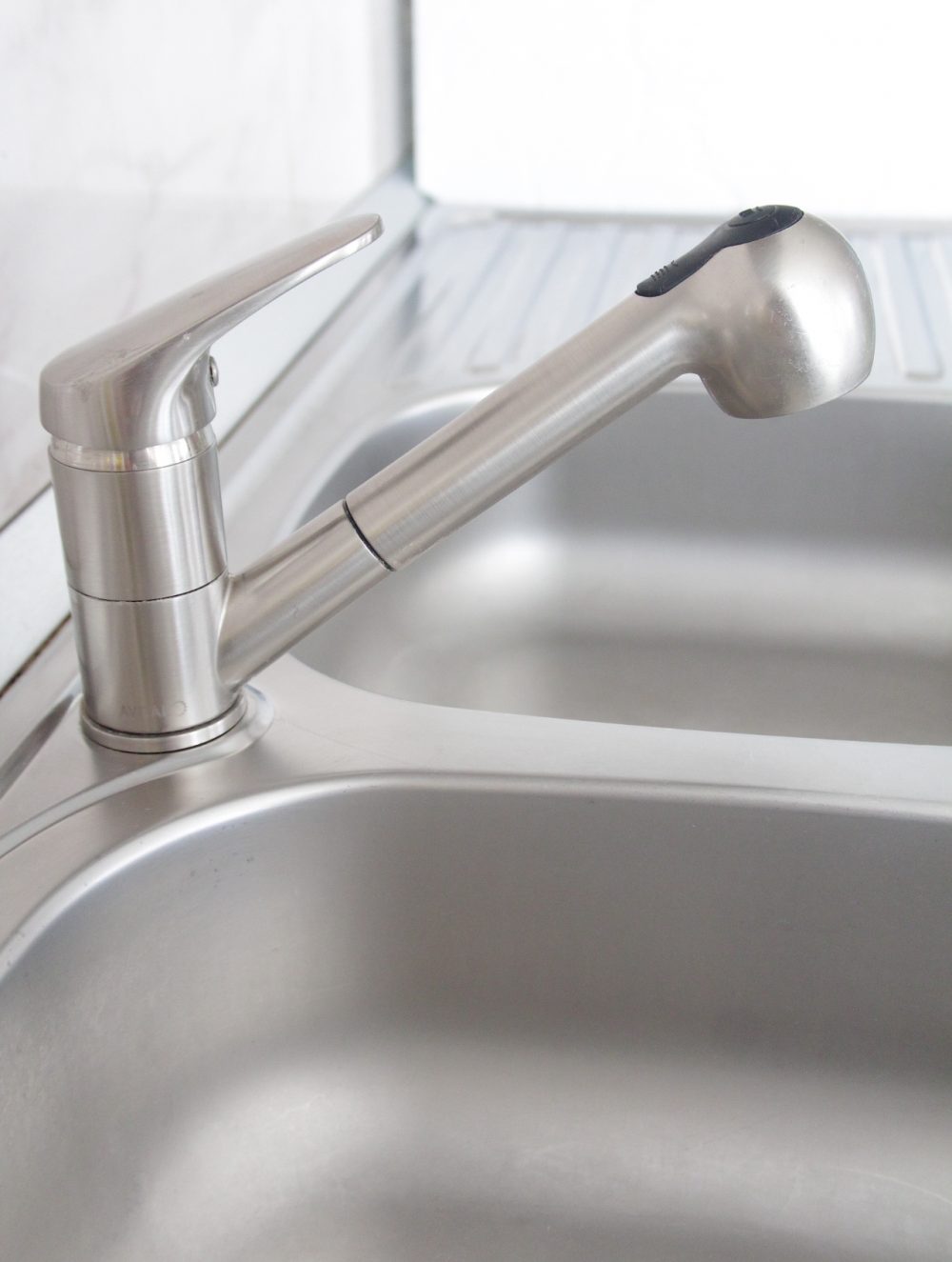


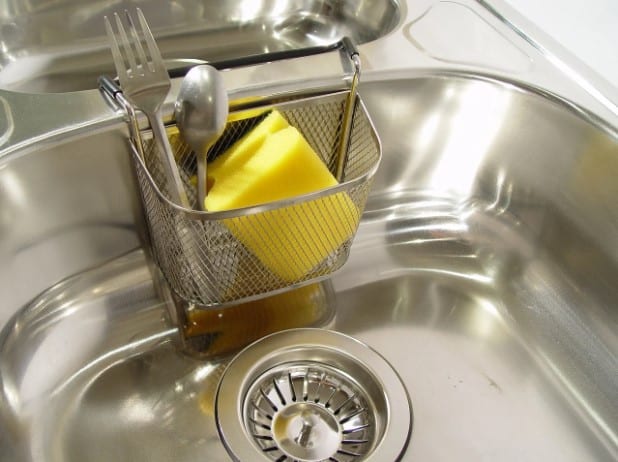
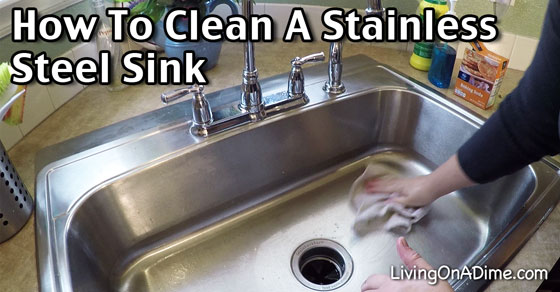

:max_bytes(150000):strip_icc()/how-to-clean-a-stainless-steel-sink-5093605-03-11ec4355990742cf834cada8ad1bf87b.jpg)
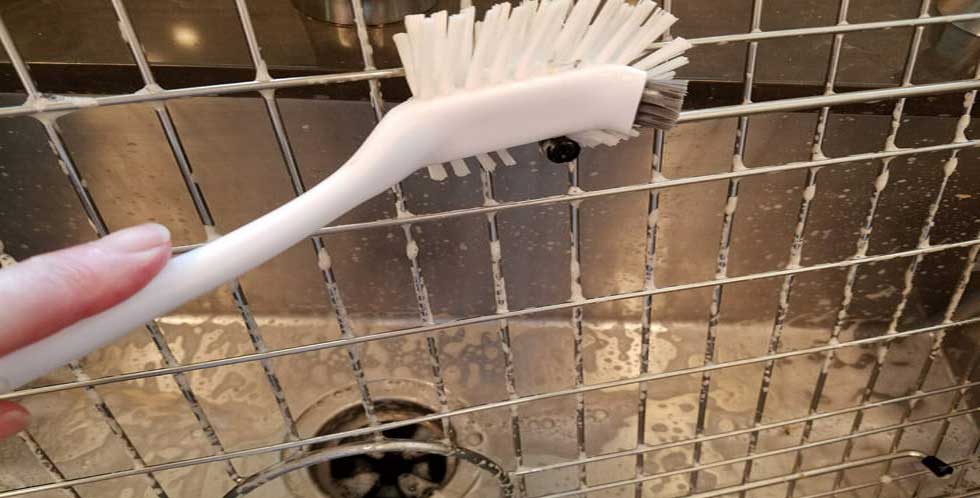





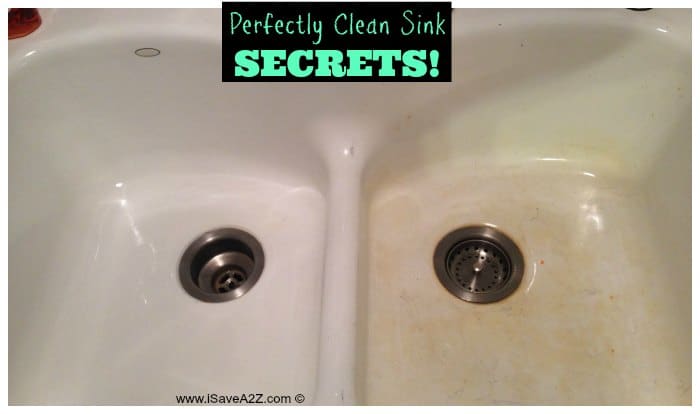


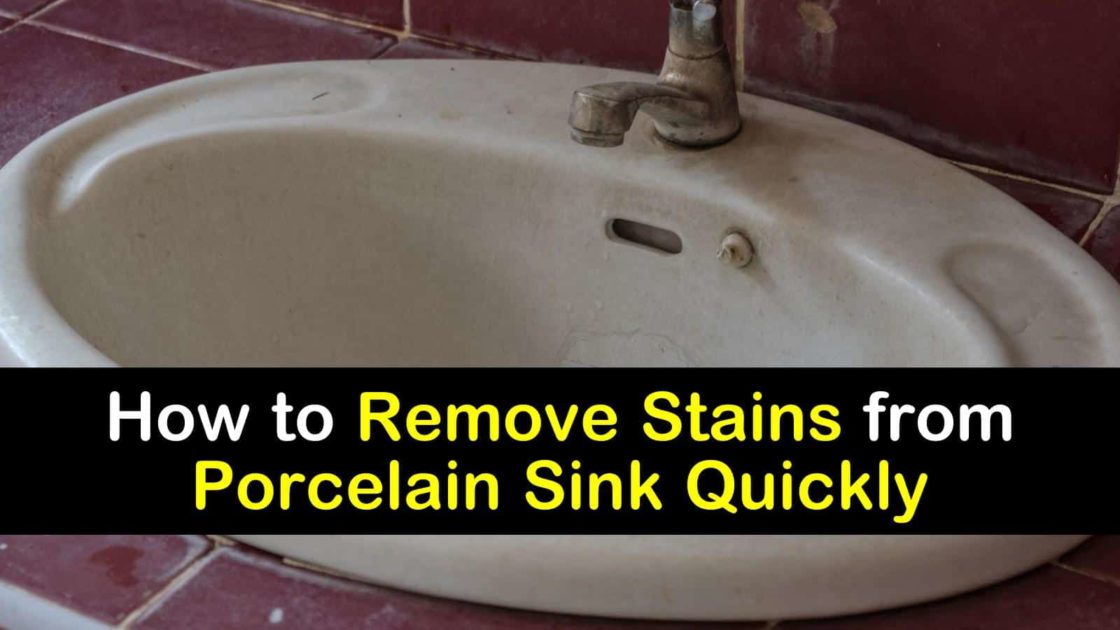
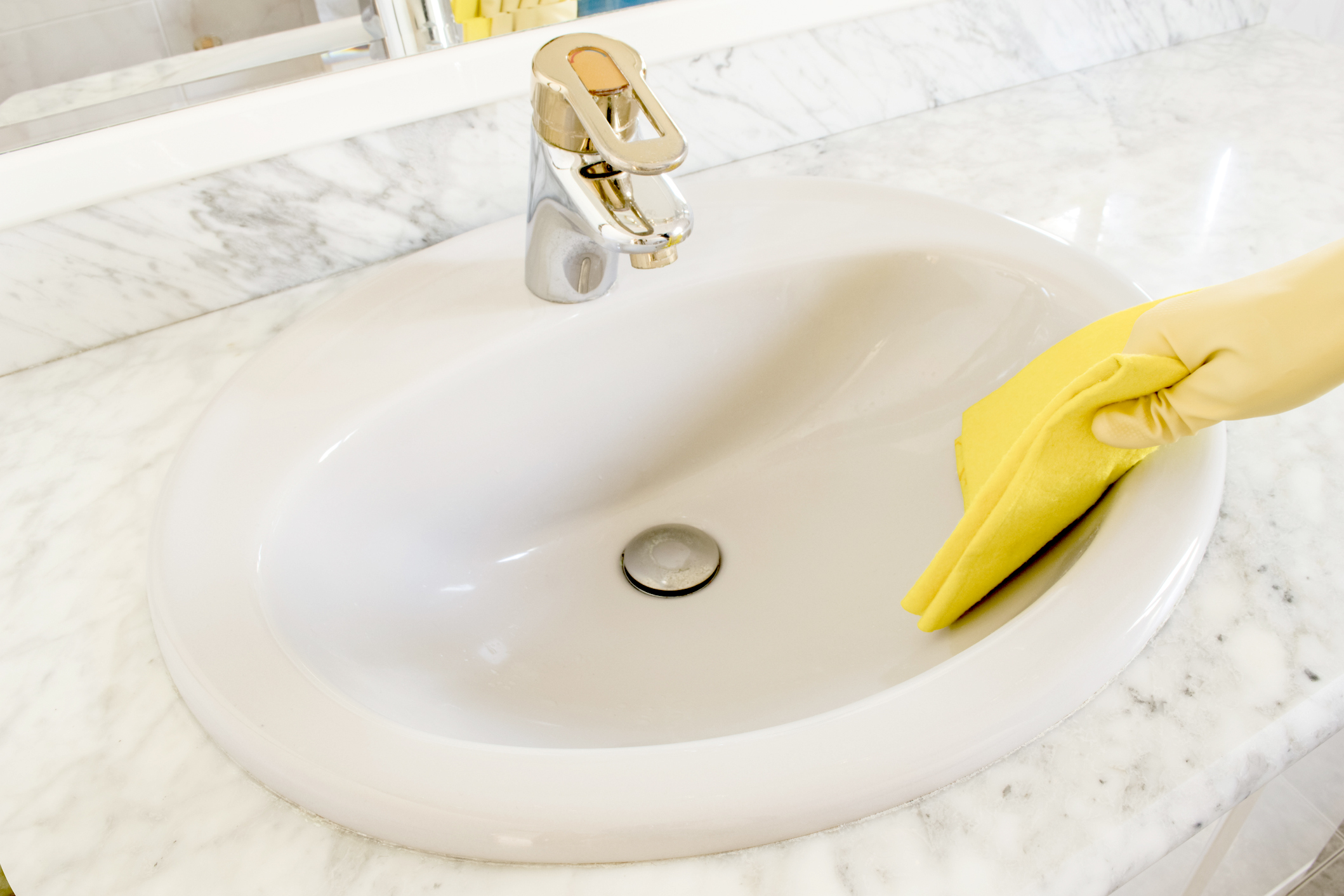
:max_bytes(150000):strip_icc()/how-to-clean-a-copper-sink-4767276-05-a54b0d47425048cb89ccb81cc5bc868d.jpg)

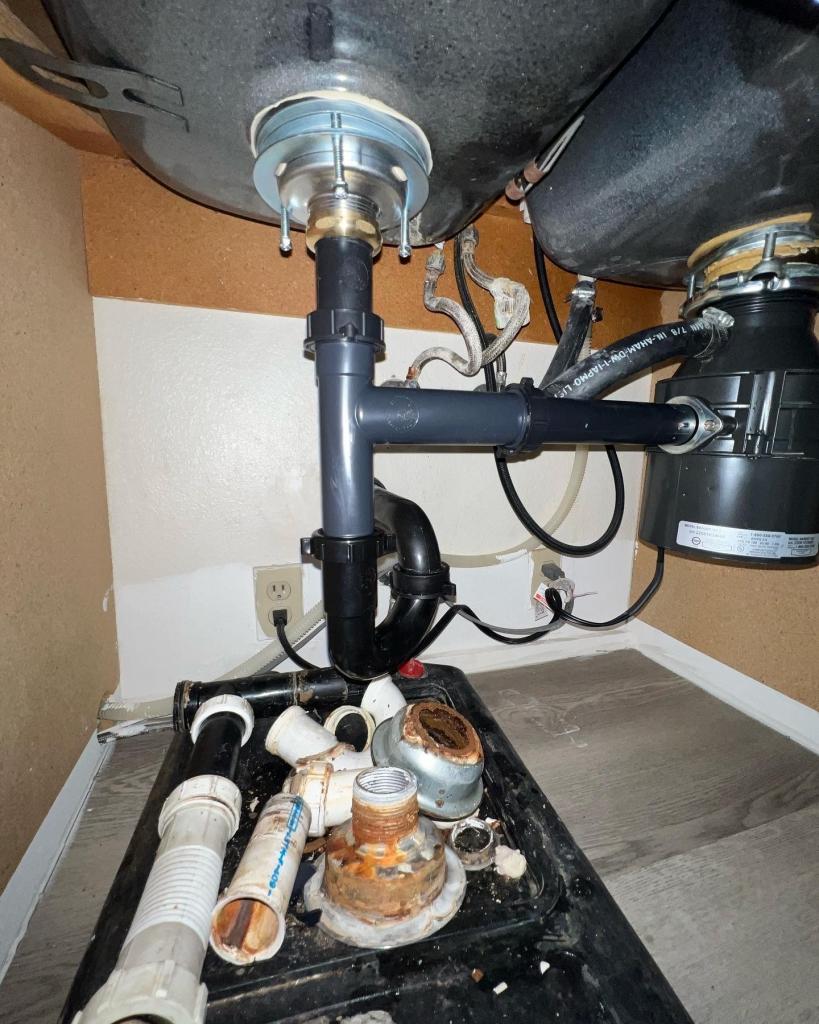



:max_bytes(150000):strip_icc()/GettyImages-1405648470-50c9637c8e74400bbabbf760a7002c01.jpg)




